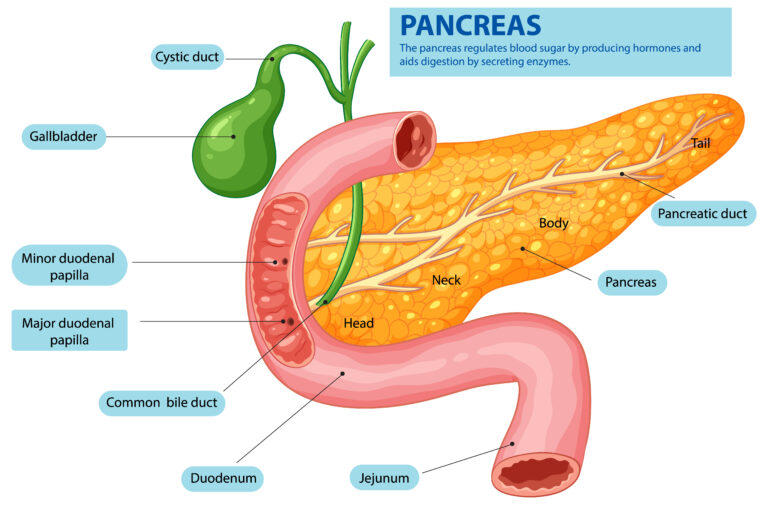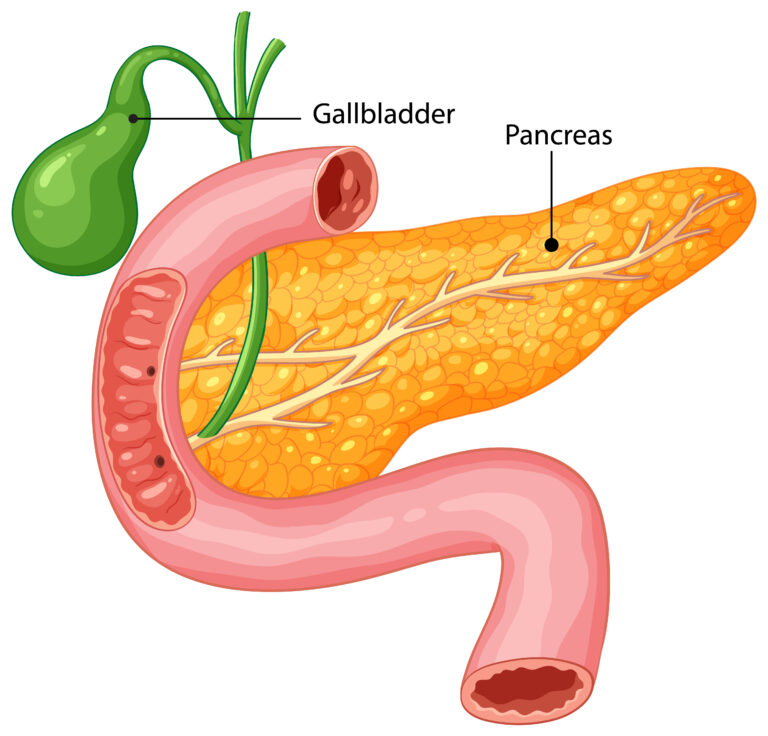using our comprehensive 2025 IBS Patient guide, Navigate life with IBS confidently. Written by healthcare professionals, learn evidence-based strategies for managing symptoms and improving quality of life.

Introduction:
Did you know that IBS affects up to 15% of the global population? That’s over 1 billion people struggling with this condition daily! As a gastroenterology specialist who’s worked with hundreds of IBS patients, I’ve seen firsthand how this condition can impact every aspect of daily life. But here’s the good news – I’ve also witnessed countless success stories of people who’ve learned to manage their symptoms effectively!
I remember one patient who came to me in tears, thinking she’d never be able to eat at a restaurant again. Six months later, she confidently managed her symptoms and enjoyed dinner dates with friends. That’s why I’m excited to share this comprehensive guide with you. We’ll explore everything from understanding your triggers to creating a personalized management plan that works.
Let’s embark on this journey together and transform your relationship with IBS. Whether you’re newly diagnosed or have been dealing with symptoms for years, this guide will equip you with practical, evidence-based strategies for living your best life with IBS.
Understanding IBS: Beyond the Basics
You know what drives me crazy? When people dismiss IBS as “just a sensitive stomach.” As a healthcare Professional, I can tell you it’s so much more complex than that! Let me break this down in a way that finally makes sense.
Here’s what’s actually happening in your body: Your intestines have their own nervous system (pretty cool, right?). In IBS, this system becomes hypersensitive. Normal digestive processes that others barely notice can feel incredibly uncomfortable for you. It’s like your gut’s volume is turned up to 11 when it should be at a 4.
Let’s break down the different types of IBS – because yes, there’s more than one! You might have:
– IBS-D (diarrhea-predominant): Where your gut seems to be in constant rush hour
– IBS-C (constipation-predominant): When everything moves slower than a DMV line
– IBS-M (mixed type): The “you never know what you’re gonna get” version
There’s a recent research from 2023 shows that the gut-brain connection in IBS is even stronger than we previously thought. Your intestines contain more neurons than your spinal cord, This explains why stress and anxiety can trigger physical symptoms so quickly.
Recognizing Your IBS Triggers
Some of the IBS patient ,ay complain wearing tight jeans can trigger their symptoms, and that is actually true, pressure on the abdomen can absolutely affect symptoms!
Allow me to share this little trick with your to monitor your IBS symptoms, it’s named ”TRACK”
-T : Stands for TIME ⏱️= you have to Note WHEN symptoms occur.
– R : Stands for RECORD ✍️= Write down WHAT you were doing/eating.
– A : Stands for ANALYSE📅= Look for patterns over at least 2 weeks.
-C: Stands for CONNECT 🖇️= Link symptoms to potential triggers.
– K : Stands for KNOWLEDGE 🧑💻= Use this info to make to make informed changes.
triggers can be sneaky! That morning coffee might not cause symptoms right away, but could affect you hours later. And stress? It’s like a ninja trigger – you might not even realize it’s affecting your gut until you’re in the middle of a flare-up.
Common triggers you may have:
Food-related:
–FODMAPs
-Caffeine (sorry, coffee lovers!)
-Fatty foods
-Alcohol
-Spicy foods
Non-food triggers (these often get overlooked!):
-Lack of sleep (this is HUGE)
-Stress (even good stress like excitement!)
-Hormonal changes (affecting up to 40% of my female patients)
-Changes in routine
-Certain medications
Keeping a detailed trigger journal for a month can greatly aid in managing your symptoms. By tracking your experiences, you’ll identify which factors truly trigger your symptoms and which do not. This process will help you re-establish a positive relationship with activities or foods you previously thought worsened your condition.
Creating Your IBS Management Plan
As a Doctor who previously worked in Internal Medicine and Gastro-enterology Department, I can tell you that no two IBS management plans are exactly alike. It’s like creating a custom suit – it needs to fit YOUR life perfectly. Let me walk you through creating a plan that actually works.
First, let’s talk about diagnosis. I recently had a patient ask me, “Why do I need all these tests if you’re telling me it’s IBS?” Great question! We run tests not just to confirm IBS, but to rule out other conditions. We need to eliminate other suspects before we can be confident about our conclusion.
Here’s your step-by-step diagnostic roadmap:
1. Initial Assessment:
Detailed symptom history (bring a symptom diary if you can!)
Physical examination
Family history review
Lifestyle evaluation
2. Basic Laboratory Tests:
Complete blood count
Celiac disease screening
Inflammatory markers
Thyroid function tests
3. Additional Testing (if needed):
Stool analysis
Food sensitivity testing
Colonoscopy (for certain red flags)
When building your support team, think beyond just your primary doctor. I’ve seen the best results when patients work with:
A gastroenterologist
A registered dietitian
A mental health professional
A primary care physician
Evidence-Based Diet Strategies
The Low FODMAP Diet has proven effective for many patients, but it’s not meant for long-term use. I once had a patient who saw such improvement that he wanted to stay on it indefinitely. I had to explain why this approach isn’t recommended.
Here’s my clinical approach to diet modification:
Phase 1: Elimination (2-6 weeks)
Remove high FODMAP foods
Keep detailed symptom records
Maintain nutritional balance
Phase 2: Reintroduction (6-8 weeks)
Systematic food challenges
One FODMAP group at a time
Document tolerance levels
Phase 3: Personalization (ongoing)
Create your “safe foods” list
Develop strategies for special occasions
Plan your “worth it” foods
You can see the full tips from here
Beyond FODMAPs, let’s talk about eating patterns that make a huge difference:
-Meal timing (smaller, more frequent meals often work better)
-Mindful eating (put down that phone while eating!)
-Proper hydration (but not during meals)
-Chewing thoroughly (I tell patients to count to 20 per bite)
Lifestyle Modifications That Work
Consider the case of a senior executive who initially believed her career and IBS management were incompatible. Through collaborative effort, we developed a tailored lifestyle modification plan that effectively addressed both aspects. The following strategies are based on clinical evidence and practical application, demonstrating their efficacy in real-world scenarios.
1. Stress Management (because your gut is literally your second brain):
– Progressive Muscle Relaxation.
– Start with 5 minutes daily.
– Focus on abdominal breathing.
– Practice before potential trigger situations.
2. Exercise Guidelines:
– Aim for 30 minutes of moderate activity.
– Low-impact exercises are often best.
– Yoga poses specifically for digestion.
– Walking after meals.
3. Sleep Optimization:
– Consistent sleep schedule.
– No screens 1 hour before bed.
– Elevated head position.
– Avoid eating 2-3 hours before sleeping.
4. Travel Strategies (because life doesn’t stop for IBS):
– Pack an IBS emergency kit.
– Research safe restaurants ahead.
– Download bathroom-finding apps.
– Carry safe snacks always.
Managing IBS Flare-Ups
Here’s your emergency action plan:
C – Check your triggers
A – Apply immediate relief strategies
L – Log your symptoms
M – Monitor for red flags
Quick Relief Strategies :
– Heat therapy (my patients swear by this!)
– Use a heating pad on your abdomen
– Take a warm bath
– Try a hot water bottle
Position Changes:
– Child’s pose (yoga)
– Left side lying
– Knees-to-chest position
Natural Remedies:
– Peppermint tea (use pure peppermint, not blends)
– Ginger preparations
– Deep breathing exercises
Over-the-counter options (always check with your healthcare provider first):
– Antispasmodics
– Specific probiotics
– Anti-diarrheal medications
– Gas relief products
Mental Health and IBS
1- Understanding the Anxiety-IBS Cycle:
Anxiety triggers gut symptoms
Gut symptoms cause more anxiety
More anxiety worsens symptoms
And the cycle continues…
2- Breaking this cycle requires a multi-faceted approach:
-Mindfulness Techniques That Actually Work:
5-5-5 breathing (inhale 5, hold 5, exhale 5)
Body scan meditation
Gut-directed hypnotherapy (sounds weird, works amazing!)
Progressive muscle relaxation
– Professional Help Options:
Cognitive Behavioral Therapy
Gut-directed psychotherapy
Support groups (online or in-person)
Mental health counseling
Conclusion:
Your Next Steps:
– Start your symptom journal today
– Schedule a check-up with your healthcare provider
– Begin implementing one new strategy at a time
– Share this guide with your support network
Remember, managing IBS is a marathon, not a sprint. Be patient with yourself as you implement these changes. And most importantly, never hesitate to reach out for help when you need it.





